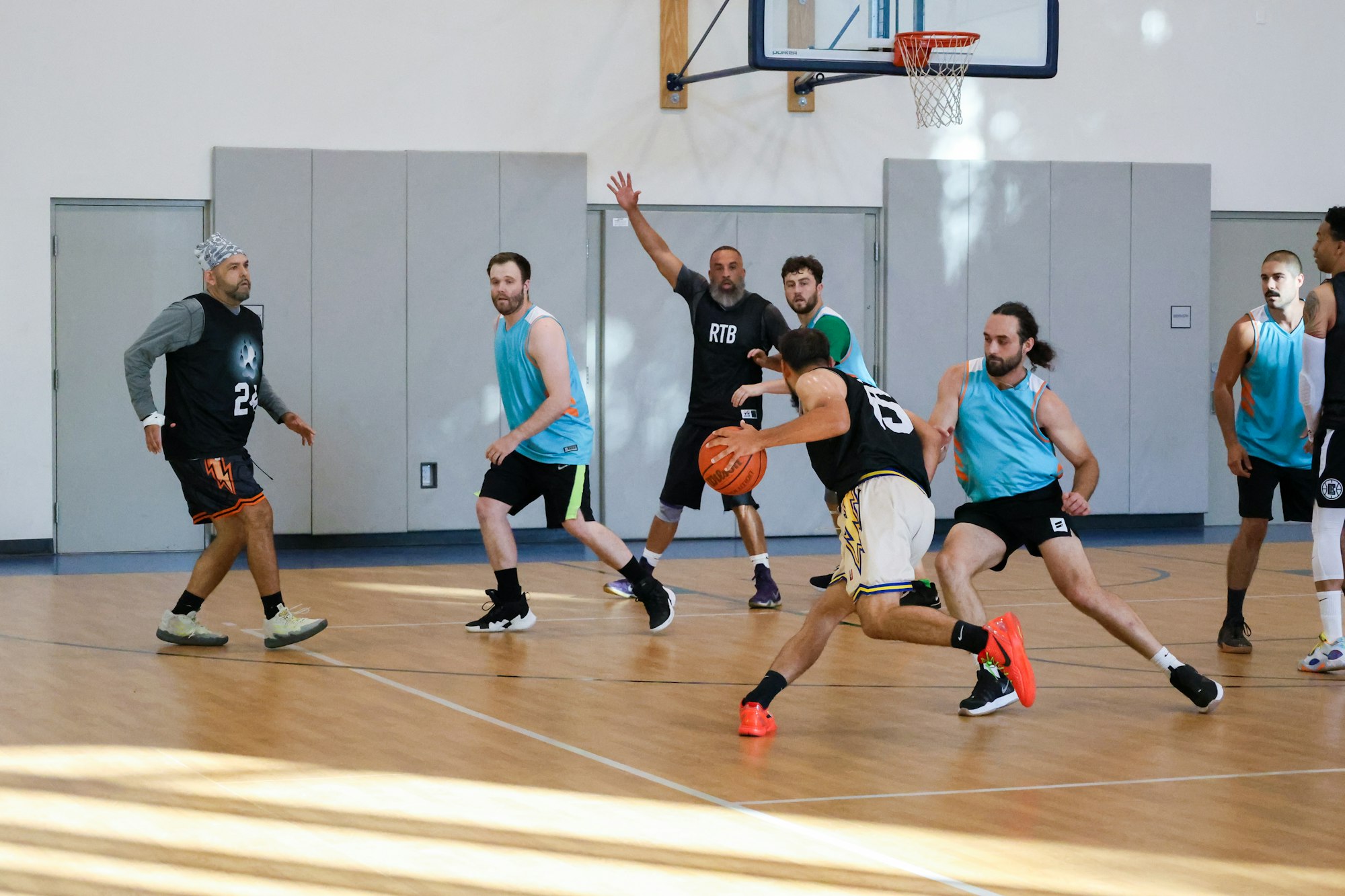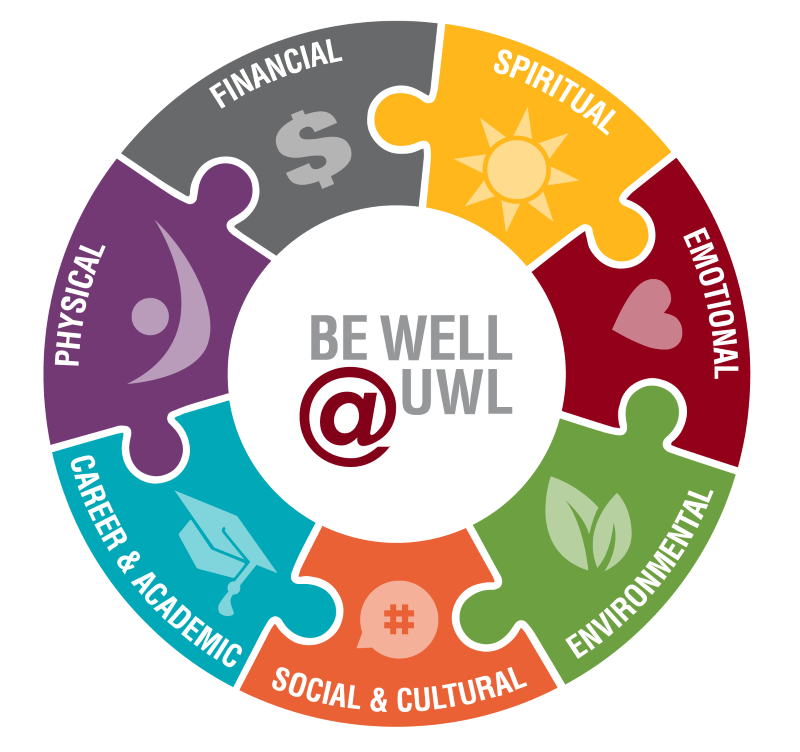Rec yourself before you wreck yourself
Villa University (VU) and the City of Villa are considering eliminating recreation and leisure for all college students on campus and in the City of Villa. On campus, this includes closing the Student Recreation Center and turning it into a new academic building – Villa Hall, discontinuing all student-led recreation and leisure initiatives, and preventing students from participating in any form of leisure on campus. Beyond campus, the City of Villa plans to implement strict restrictions and fines for any college students found to be participating in leisure off campus. Those in support of this citywide initiative and the new Villa Hall (aka, Villains) have decreed that no VU students will be permitted to spend any time or money of their own on any activity, service, or facility related to leisure, parks, recreation, or tourism on or off campus.
What is rec and leisure

Recreation and leisure refer to the time and activities people engage in outside of work, school, or daily responsibilities. These moments are meant for enjoyment, relaxation, and personal fulfillment.
-
Leisure is your free time, the time when you’re not obligated to do something. It’s the freedom to choose how you spend your moments, whether resting, socializing, or exploring a hobby.
-
Recreation is what you do during that free time. It includes enjoyable activities like sports, outdoor adventures, games, arts and crafts, or community events that help refresh your body and mind.
Together, recreation and leisure are essential for a balanced life. They reduce stress, boost mental and physical health, and help people connect with others and themselves in meaningful ways

The Evolution of Leisure
Ancient Civilizations – Greece viewed leisure as a time for contemplation, learning and civic life. It was seen as higher than work! Some examples of what they did for leisure are; going to the symposium or debates, playing or listening to music, writing or listening to poetry, participating in athletics and finally performing or watching theatre. While in Rome at the same time leisure was for public entertainment where they had games and spectacles for mass amusement. Some examples are gladiatorial contests, attending chariot races and public baths (med spa’s).
Middle Ages – Leisure became tied to religion and festivals and work and survival were central for people. They had folk games and communal celebrations. Examples include Church festivals, folk games like archery, singing, dancing and storytelling.
Renaissance – This was the rise of humanism, art, and education as leisure. At this time people began to connect with personal growth. People wanting leisure turned to painting, sculpting, or composing music. They also began studying philosophy more, traveling and even attending salons.
Industrial Revolution – The work and leisure divide has sharpened. There was a lot of urbanization that lead to movements for park, playgrounds and overall recreation. People of this time participated in social clubs, reading circles, organized sports teams, settlement houses, and they also visited urban parks.
20th and 21st Century – A huge expansion in leisure industries; sports, tourism, media, and hobbies. Recreation was tied to democracy, well being, and human rights. Modern debates about leisure being a right, a commodity, or a social necessity.
7 Areas of Wellbeing
Emotional
Emotional wellness means being aware of your feelings, understanding them, and handling them in a healthy way. It’s about accepting that emotions are normal and knowing when to reach out for support. Strengthening your emotional wellness can help you manage stress, build confidence, and create healthier relationships.
EnvironMENTAL
Environmental wellness means being aware of how your lifestyle affects the planet and making choices that keep it healthy. Things like recycling, walking instead of driving, or using less plastic can help protect the earth’s air, water, and land. When we take care of the planet, we’re also taking care of ourselves — creating cleaner, safer spaces for people and animals to live.
SpIRITUAL
Spiritual wellness means finding what gives your life purpose and meaning. It could be faith, your personal values, nature, or simply caring for others. It’s about taking time to reflect, practicing kindness and forgiveness, and staying true to what feels right for you. For some this may mean practicing yoga or meditation while for others this can mean going to church on Sunday’s.
Financial
Financial Wellness means figuring out how to make your money work for you by budgeting, saving, and investing while also understanding where your money is going!
Physical
This can refer to a multitude of things.
- Sleep: making sure your body is getting proper amounts of rest to have energy for the day!
- Nutrition: making sure your body has enough food and water to keep your mind sharp and healthy!
- Sexual and Reproductive: Practicing good health habits by using contraceptives (if sexually active), healthy romantic relationships that talk about consent, and even realizing your sexual identity or orientation!
- Exercise and Fitness: Keeping your body active throughout the week! Not only will you gain muscle and strengthen your bones but you will also feel less anxious, stressed or depressed.
- Medical Self Care: Staying on top of doctor and dentist visits. Going to urgent care when you have a sore throat or a lot of sinus pressure can help you get ahead of the illness!
- Alcohol and Other Drugs: If participating in these activities, practicing safe consumption and having a safe community. Also being able to realize when it is negatively impacting your life.
Career & Academic
Growing in school and your future career while keeping life balanced. It’s learning new things, staying curious, and finding work that feels meaningful and rewarding
Social & Culutral
The ability to create relationships and connect positively with others. We are encouraged to participate in our community and build supportive social networks. While also conserving safe cultural spaces and valuing cultural diversity.
how you can help
Recreation and leisure is extremely important for your overall health and well-being. If this becomes eliminated for all college students on campus and in the City of Villa, the students needs won’t be met. If the student recreation center is closed and turned into a new academic building, it will discontinue all student-led recreation and leisure initiatives, preventing students from participating in any form of leisure on campus.

